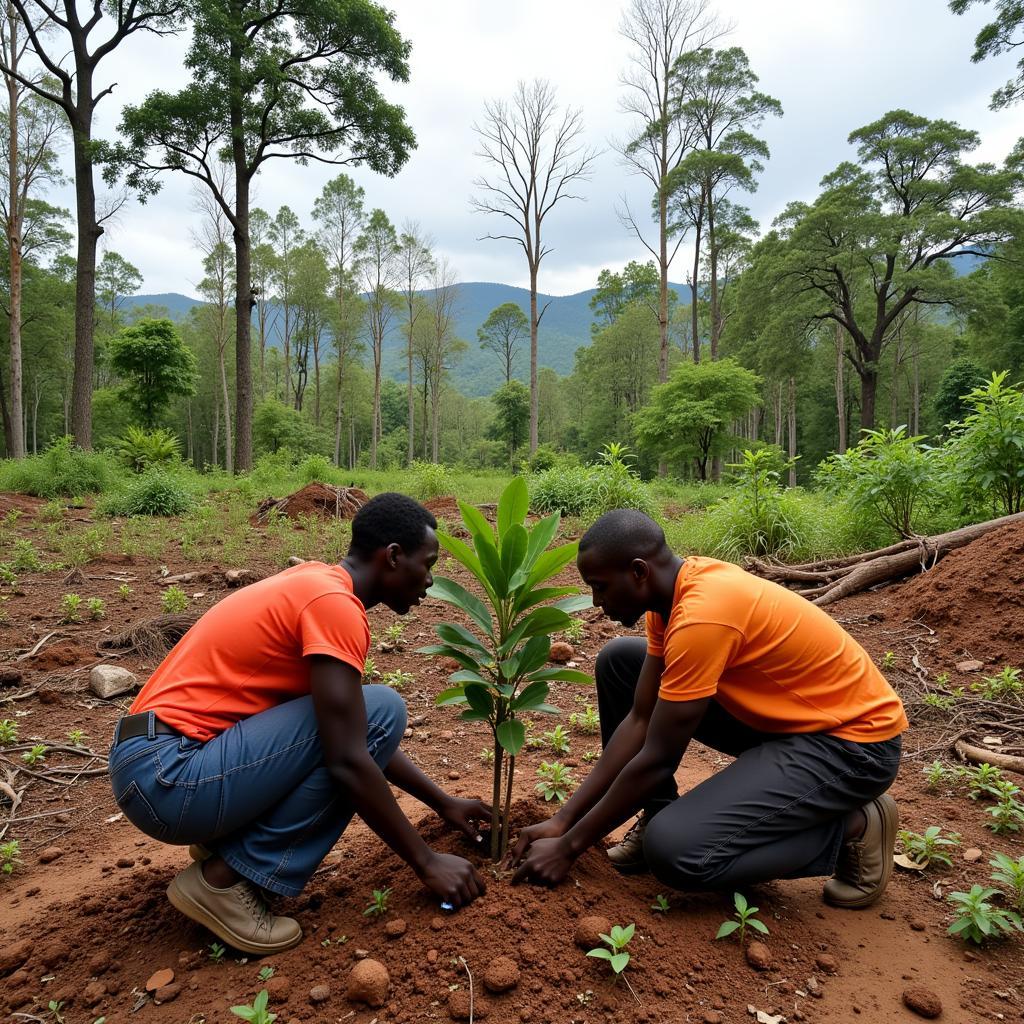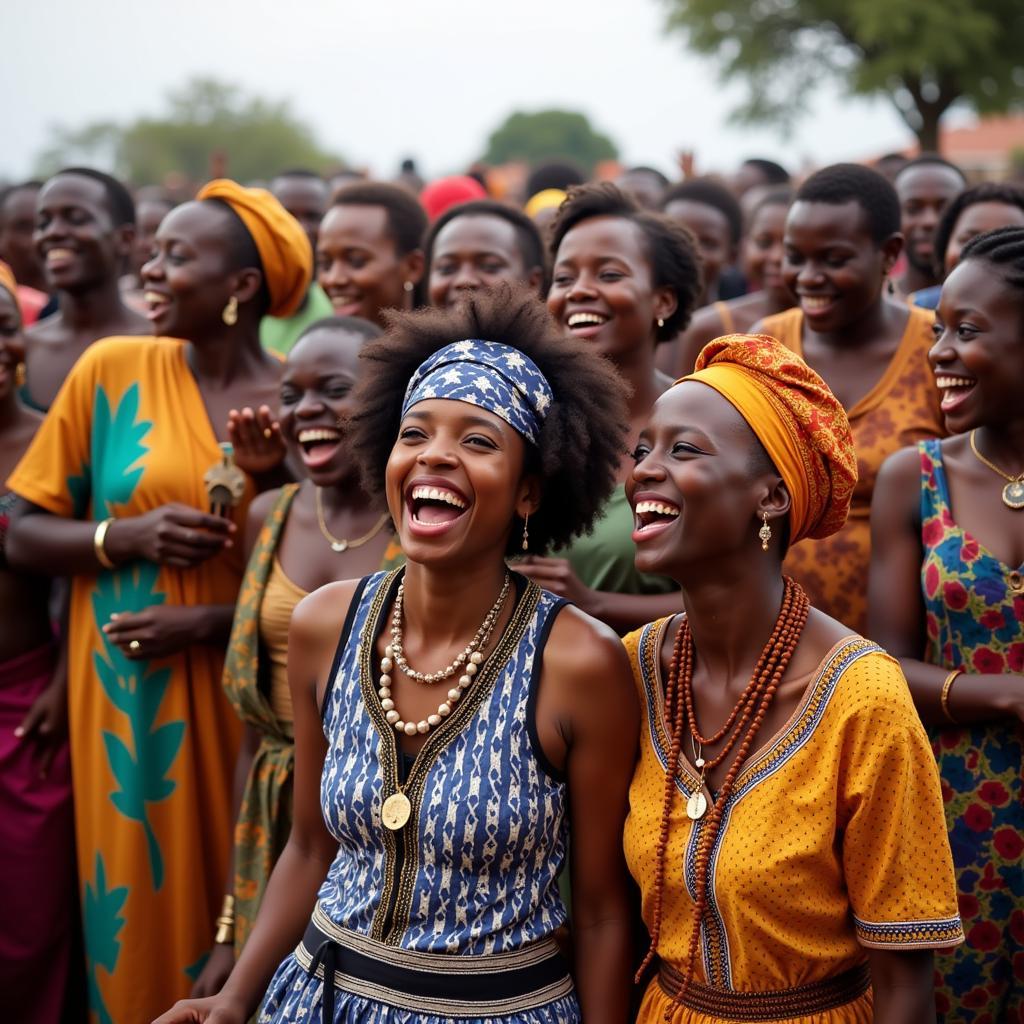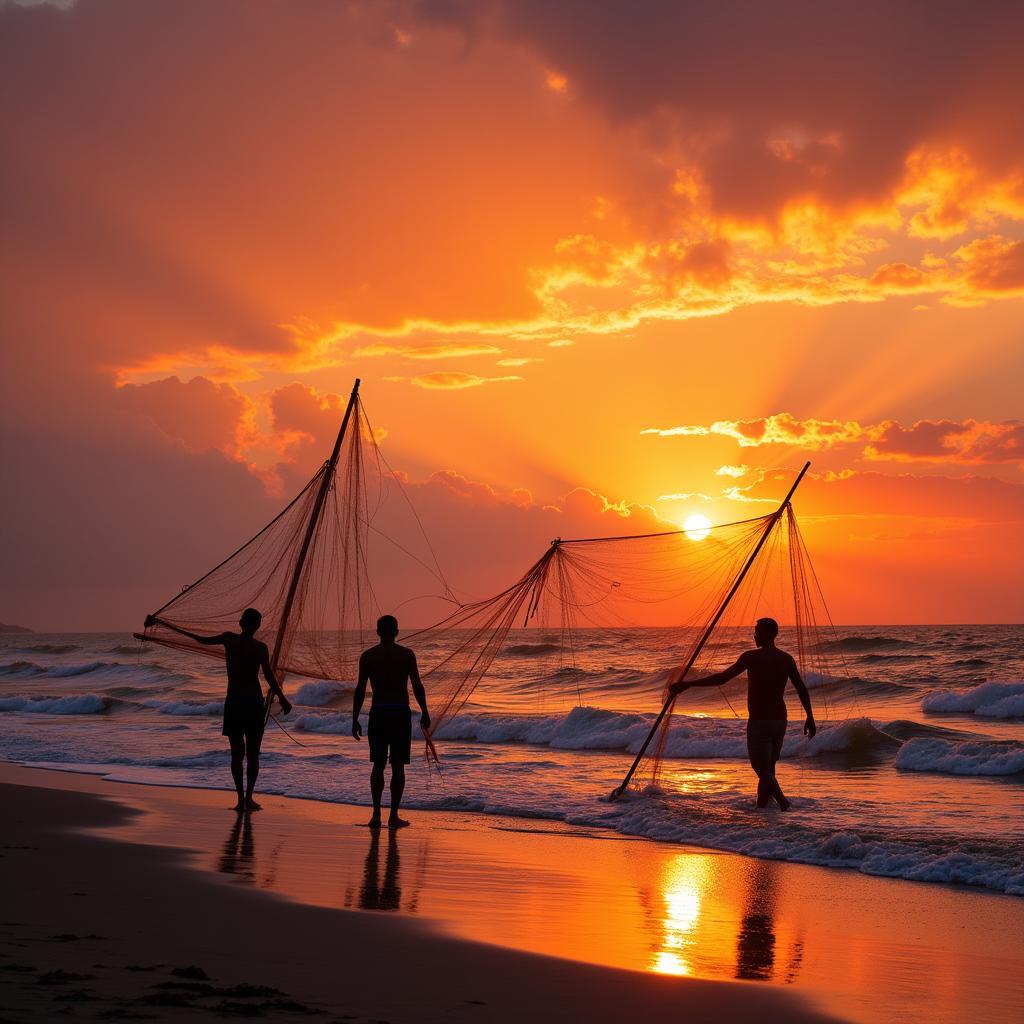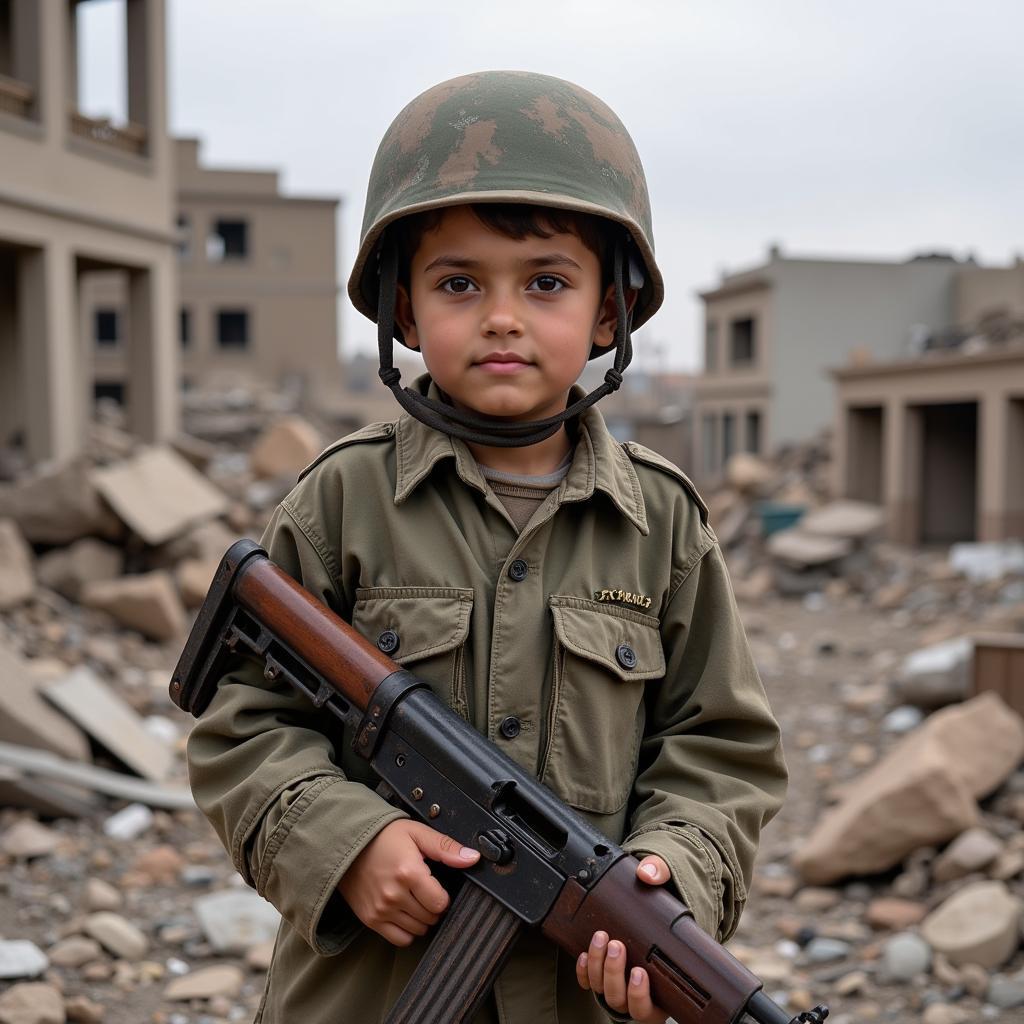Unveiling the Mystery of African Greek Gods
The concept of “African Greek Gods” might seem unusual at first glance. While we often picture the Greek pantheon residing atop Mount Olympus, African cultures have their own rich tapestry of deities, spirits, and mythical beings. This article explores the fascinating interplay between these two seemingly distinct belief systems, revealing potential connections and influences.
Bridging Continents: How Did African Cultures Influence Greek Mythology?
Ancient Greece wasn’t an isolated civilization. Trade, warfare, and cultural exchange were common occurrences in the ancient Mediterranean world. Egypt, in particular, had a profound impact on Greek thought and religion.
Egyptian mythology, with its complex pantheon and emphasis on the afterlife, likely influenced early Greek beliefs. Gods like Osiris, the god of the underworld and rebirth, share striking similarities with Hades, the Greek god of the underworld. This cross-pollination of ideas suggests that African cultures, through their interactions with the Egyptians, may have indirectly shaped the development of Greek mythology.
The Power of Syncretism: When Gods Merge Across Cultures
Syncretism, the fusion of different religions, beliefs, or practices, played a crucial role in the ancient world. As the Greeks encountered other cultures, they often incorporated foreign deities into their own pantheon, identifying them with existing Greek gods or creating new hybrid divinities.
One prominent example is the worship of the Egyptian god Amun in Greece. Amun, often depicted as a ram-headed deity, became associated with Zeus, the king of the Greek gods. This fusion resulted in the worship of Zeus-Ammon, showcasing the fluidity of religious boundaries in the ancient world.
While direct evidence of specific African deities being absorbed into the Greek pantheon is limited, the practice of syncretism highlights the potential for cultural exchange and the blending of religious traditions.
African Gods, Greek Myths: Shared Themes and Archetypes
Beyond direct connections, African and Greek mythologies share common themes and archetypes that speak to universal human experiences. Both cultures have trickster gods, creation myths, and stories that explain natural phenomena.
For example, the Yoruba deity Eshu, known for his mischievous nature and role as a divine messenger, shares similarities with the Greek god Hermes. Both embody the archetype of the trickster, a figure often responsible for chaos and change, but also for facilitating communication and transitions.
These shared archetypes suggest that despite geographical distance and cultural differences, humans often grapple with similar existential questions and express these through their myths and stories.
Rethinking “African Greek Gods”: A Broader Perspective
While the term “African Greek Gods” might not accurately reflect a specific category of deities, it serves as a reminder of the interconnectedness of ancient cultures. The influence of African civilizations on Greek thought, particularly through Egypt, is undeniable.
By exploring the potential connections, shared themes, and instances of cultural fusion, we gain a richer understanding of the complexity of ancient belief systems and the enduring power of mythology to connect us across time and cultures.
FAQs: Delving Deeper into the Interplay of Cultures
- Did the Greeks worship any African gods?
While there’s no evidence of direct worship of specific African deities in mainstream Greek religion, the practice of syncretism suggests that some level of cultural exchange and blending of religious traditions likely occurred. - Are there any books or resources that explore this topic further?
Yes, several scholarly works examine the connections between ancient Mediterranean cultures. Look for books on comparative mythology, ancient religions, and cultural exchange in the ancient world.
Exploring Further: Continuing the Journey of Discovery
To learn more about the fascinating world of African mythology and its potential connections to other ancient cultures, check out these resources:
Contact us for more information and assistance:
Phone Number: +255768904061
Email: kaka.mag@gmail.com
Address: Mbarali DC Mawindi, Kangaga, Tanzania
Our dedicated team is available 24/7 to answer your questions and provide support.




